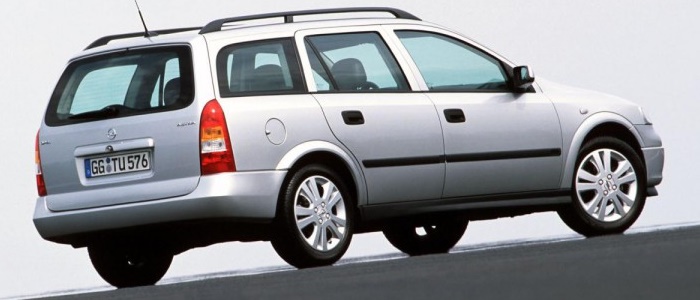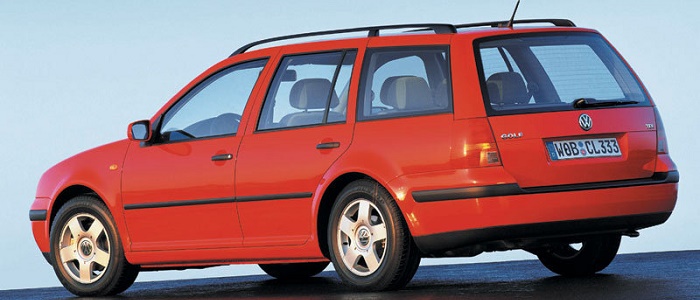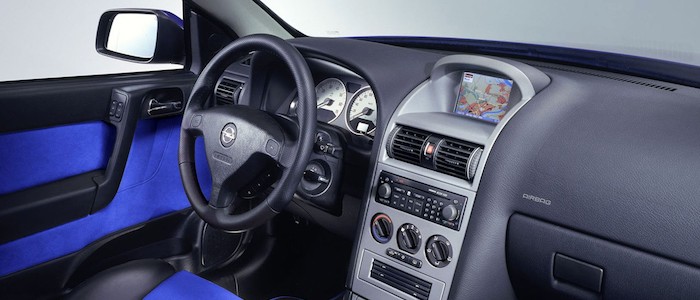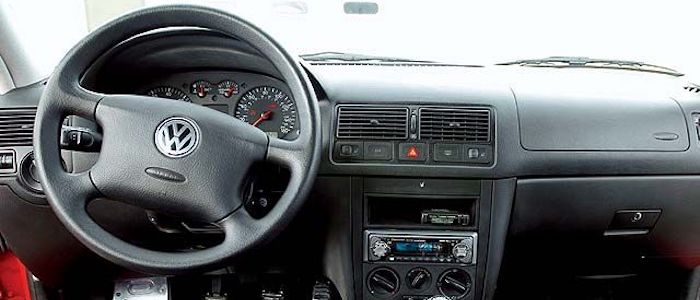Compare two cars
Compare any two cars and get our Virtual Adviser™ opinion
Dimensons & Outlines
Check vehicle history
Engine
Performance (manual gearbox)
Performance (automatic gearbox)
Expenses
Virtual Adviser's™ opinion
Well, these are two pretty similar cars we have here! It's only details that could potentially make the difference. Considering they both belong to the small family car segment and utilize the same 5-door wagon body style and the front wheel drive system, it all comes up to the specific diesel engine choice they offer. The first one has a Opel-engineered powertrain under the hood, a 4-cylinder, 16-valves 82hp unit, while the other one gets its power and torque from a 4-cylinder, 8-valves 90hp engine designed by Volkswagen.
SafetyBoth vehicles got tested by European New Car Assessment Programme (Euro NCAP), with the same number of safety stars gained in the process. Still, apart from the official crash test results there are other things we need to be aware of. Both vehicles belong to the small family car segment, which is generally classifying them somewhere in the middle safety-wise, still it doesn't help us solve our dilemma, does it? On the other hand, taking kerb weight as an important factor into account, Golf offers a marginal difference of 7% more metal.
ReliabilityI don't like generalizing things when it comes to reliability, although it does seem that both brands display similar results in faults and breakdowns, all the models observed together. That's the official data, while our visitors describe reliability of Opel, as well as Volkswagen, with the same average rating of 4.2 out of 5. Independent research findings rank Astra as average reliability-wise, and Golf is more or less at the same level.Above it all, drivers of cars with the same engine as Astra rank it on average as 4.0, while the one under the competitor's bonnet gets 4.3 out of 5.
Performance & Fuel economyVolkswagen is undoubtly more agile, reaching 100km/h in 1.5 seconds less than its competitor. In addition to that it accelerates all the way to 180 kilometers per hour, 12km/h more than the other car. When it comes to fuel economy things look pretty much the same for both cars, averaging around 4.9 liters of fuel per 100 kilometers (58 mpg), in combined cycle.
Verdict
Volkswagen appears just a bit more reliable, although the difference is truly marginal. The most important thing when deciding between any two vehicles should always be safety, both passive and active. In my opinion, everything taken into account, Golf offers slightly better overall protection and takes the lead. It all continues in the same direction, with Volkswagen outracing its opponent in any situation possible, making it better choice for boy racers. It does come at a cost though, and that's the fuel consumption... I believe that, when we take all into account, we have only one winner here - the Volkswagen. Nevertheless, let's not forget that people have different preferences and needs, so what really counts is your personal feel. I'm only here to help. In case you have two minutes to spare I invite you to define your needs, desires and budget and see which car would be chosen by the virtual adviser™, out of 12.000+ vehicles we currently have in our database.






























